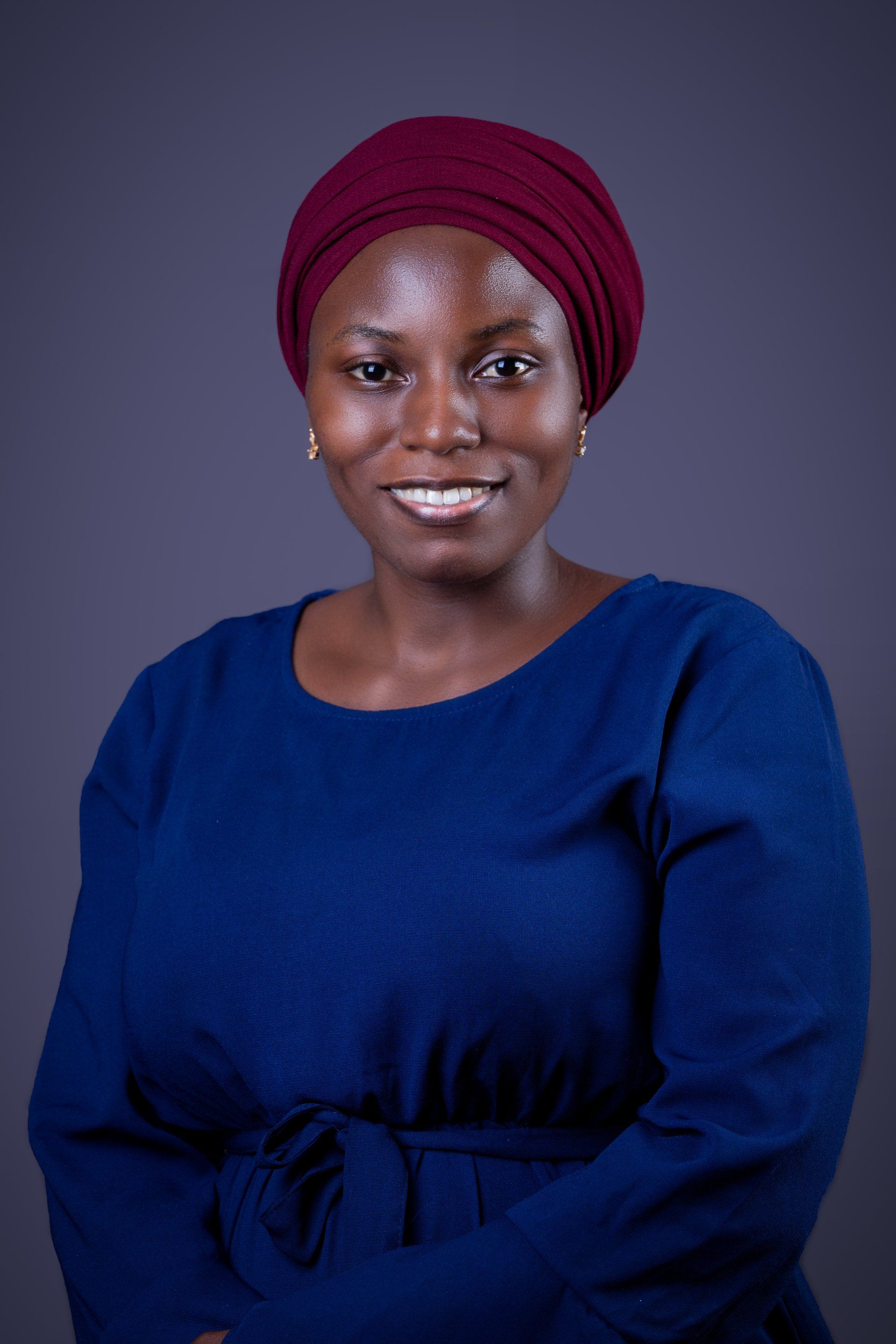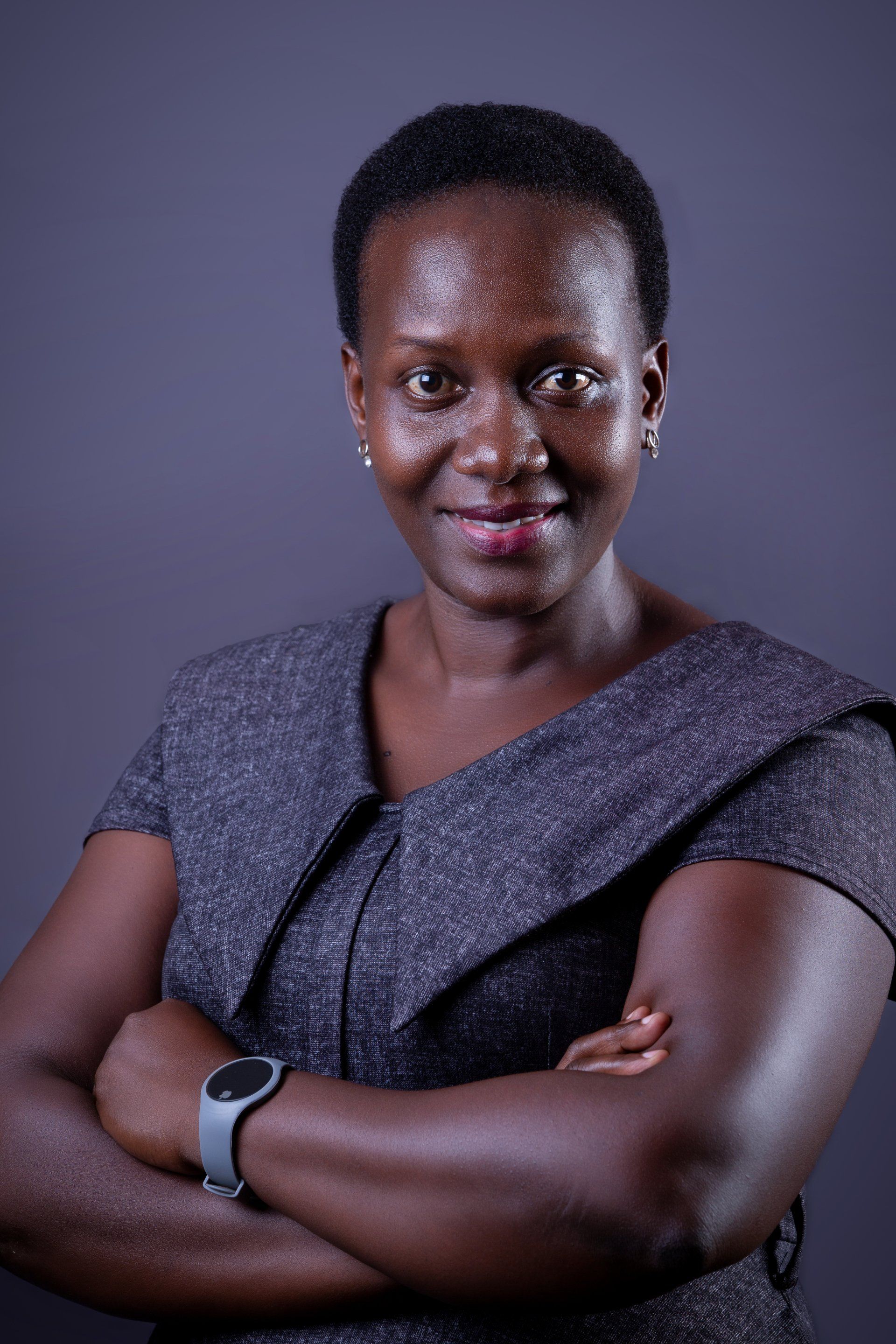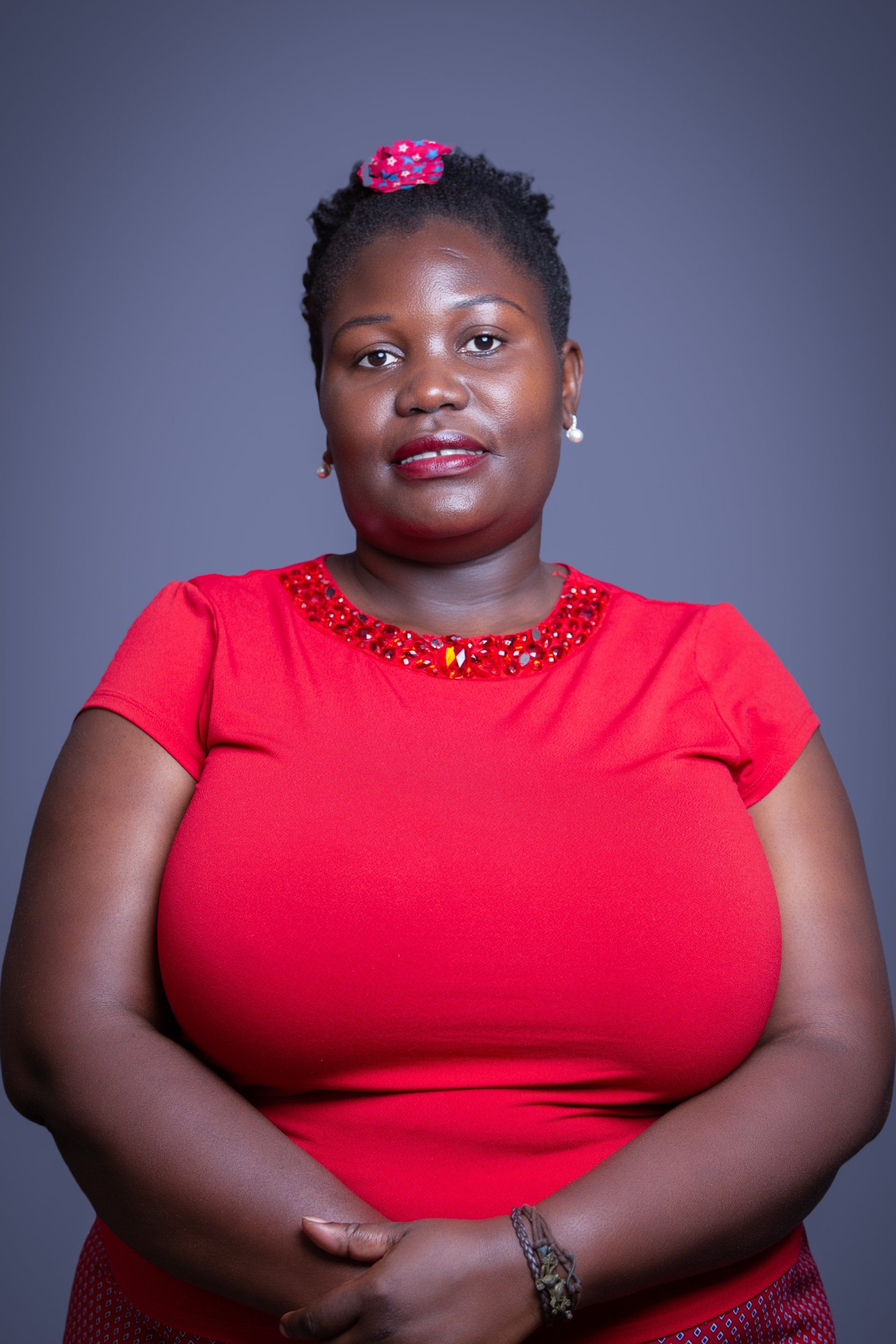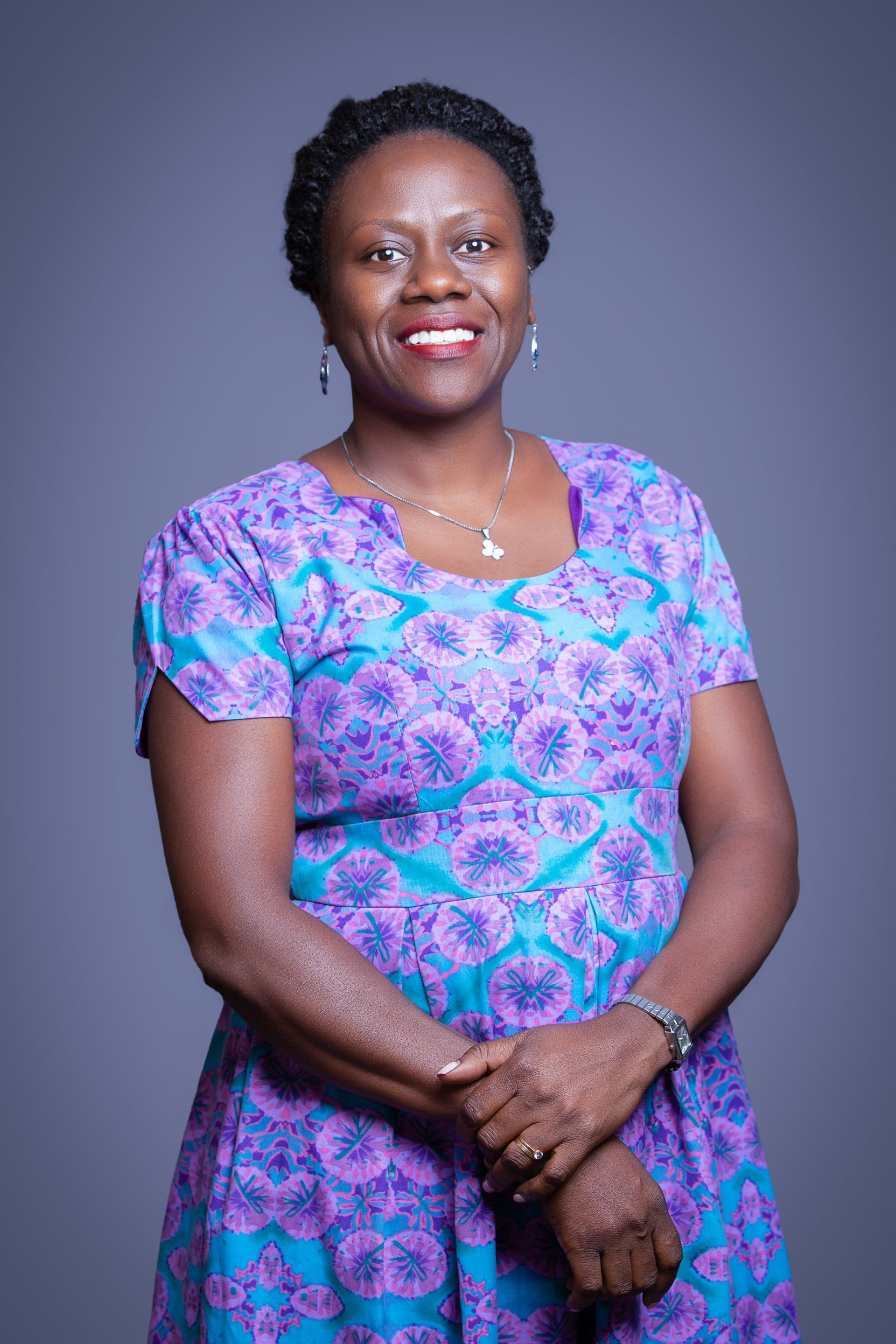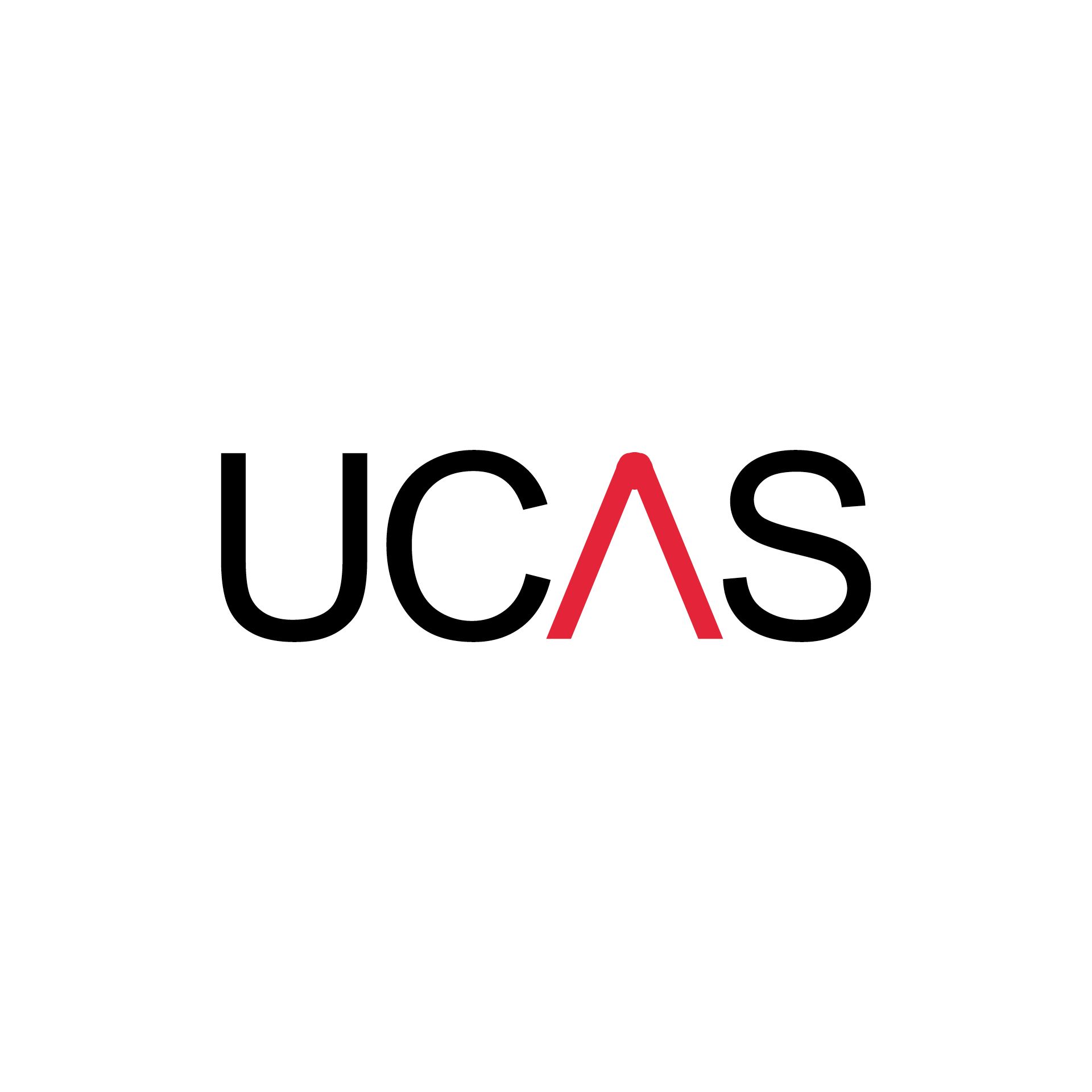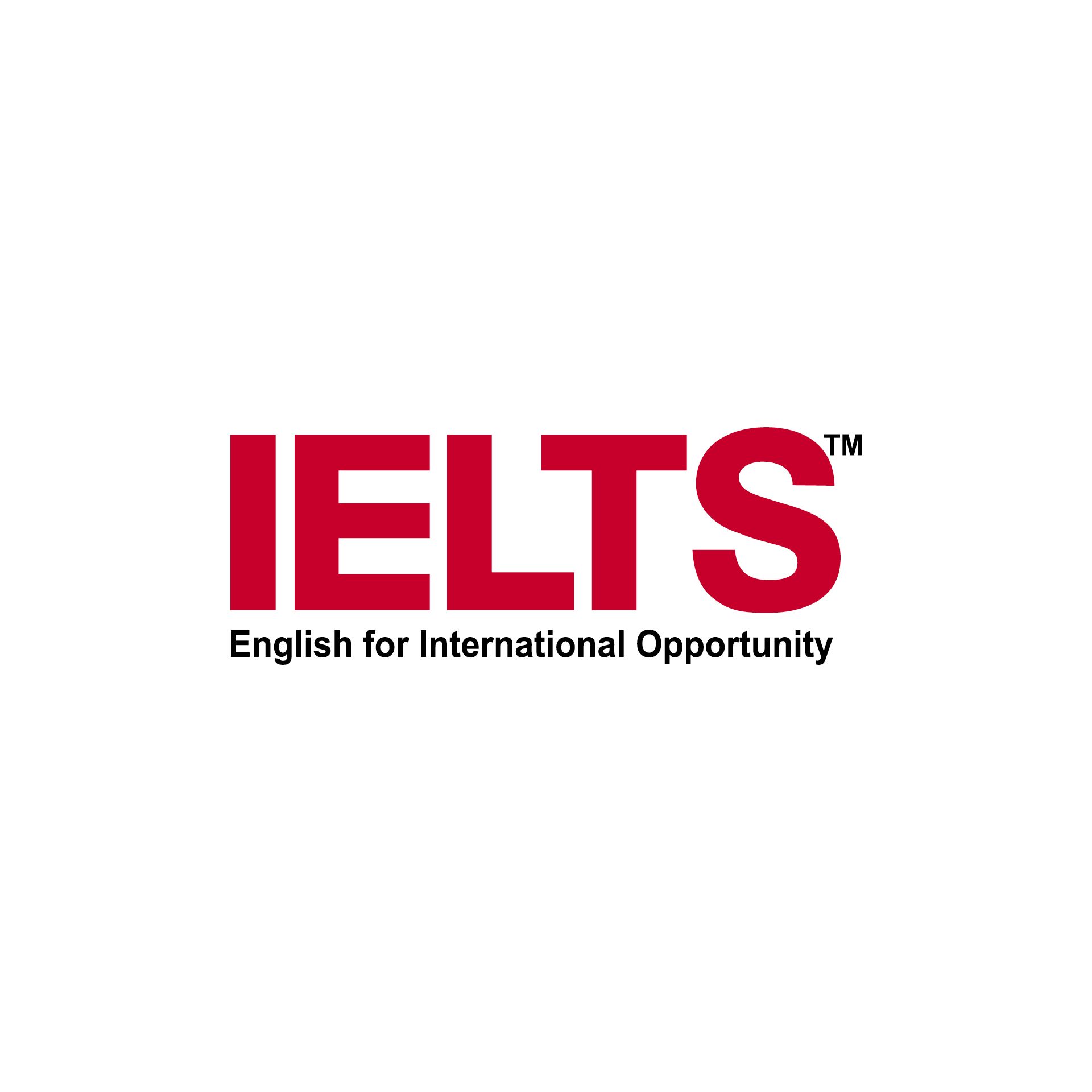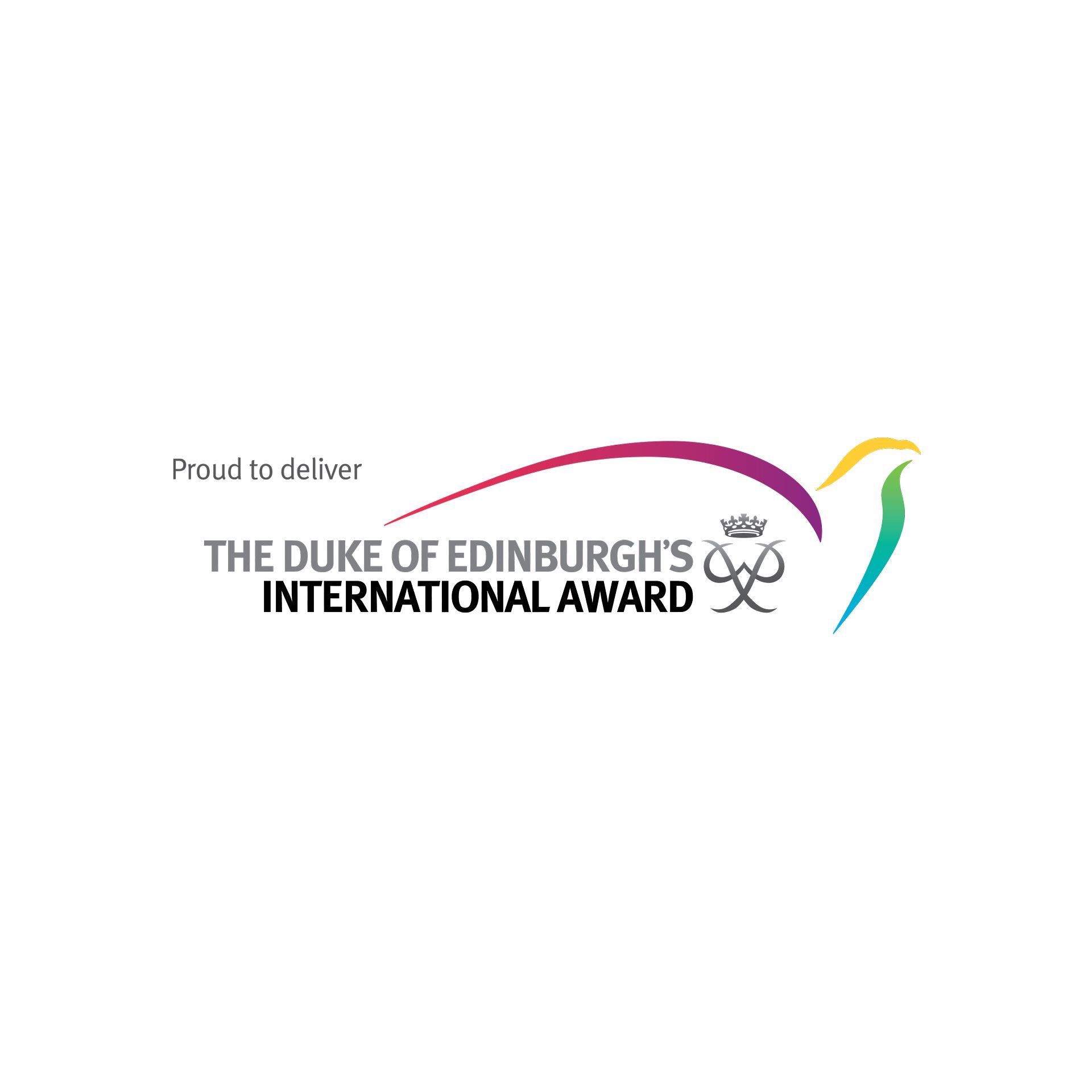JUNIOR SCHOOL CAMPUS
-
City skyline
Photo By: John DoeButton
HEAD TEACHER'S MESSAGE
PRINCIPAL'S MESSAGE
Welcome to Kabojja International Junior School. We strive to achieve the best for each of our students regardless of their background, stature, race, religion or any other need that there be. All our children are special and we believe that with the quality of education and support we offer they will be able to achieve their own individual personal excellence. As a result, they grow to become valuable members of our global community.
We follow the Cambridge system of Education with our staff who have through various training plug-ins both locally and internationally. We believe in equipping our teachers with continuous professional development programs. We cater for children aged 2 to 11 years where after the successful completion of the Primary Check Point Exams, they move on to our high school. We also respect religious backgrounds for each child and we therefore have religious sessions that run once a week.
We have an open-door policy and encourage all parents to just walk into the head teacher’s as well as other administration offices to express their sentiments.
Sincerely
Ms Leah Kimanga
CURRICULUM
Key Stage 1 of the British Education System
Year 1: This is the Primary one, the age group for this class is (5 - 6) years old.
Year 2: This is Primary two, the age group is (6-7) years old.
Key Stage 2 of the British Education System
Year 3: Primary three, the age group is (7 - 8) years old.
Year 4: Primary four, the age group is (8 - 9) years old.
Year 5: Primary five the age group is (9 - 10) years old.
Year 6: Primary six, the age bracket is (10 – 11) years old.
Learning goals for primary school students
Our curriculum promotes four aspects of achievement:
- The ability to express oneself in oral and written form and, where appropriate, to remember facts accurately and use them constructively.
- The ability to apply knowledge through practical tasks, problem solving, investigation skills, and the use of oral and written language.
- The development of personal and social skills, such as the ability to work with others and take on a leadership role within a group.
- The development of confidence that comes through self-discipline and the commitment to learn and persevere even when tasks seem difficult.
Our major subjects and areas of learning are as follows:
- English
- Mathematics
- Science
- Music
- Humanities(History and Geography)
- French
- Digital Literacy
- PE (Physical Education)
- Art
- Personal, Social and Health Education (PSHE)
- English as an Additional Language (EAL)
How we assess and track progress at the primary school level
All Key Stage One and Two pupils have midterm and end of term assessments alongside routine homework during the academic year.
These targets are shared with parents, and students then work towards them in class. Gifted and talented students can also be identified at this point, as can those students who need joint support programmes.
As the year progresses, we assess your child in the following ways:
- Observing them working in their ability groups
- Asking them questions or giving them complex problems or tasks to solve
- Looking at their completed work
- Regular online assessments using a formative assessment program
At regular intervals throughout the term, teachers are asked to review each student's attainment. This is where patterns and trends are identified. Teachers will then create individual support plans to ensure each student makes optimal progress.
SOME OF OUR JUNIOR SCHOOL STAFF
-
Ms Bhandari Monika
ButtonDeputy Head Teacher
-
Ms Monic Asiimwe
ButtonDeputy Head teacher
-
Ms Aisha Nampija
ButtonLibrarian
-
Miss Esther Namulondo
ButtonClass Teacher - Year 5
-
Miss Gloria Aboo
ButtonTeaching Assistant - Year 3
-
Miss Carol Mbabazi
ButtonClass Teacher - Year 5
-
Miss Jeniffer Aciro
ButtonSpecial Needs
-
Mr John Katumba
ButtonPerforming Arts
-
Ms Julian Tukamuhabwa
ButtonPhonics Specialist
-
Ms Tracy Magda
ButtonGlobal Perspectives and Science
-
Mr Dunstan Akankunda
Button -
Mr Albert Twongire
ButtonMathematics - Year 6
START PURSUING YOUR UNIQUE EDUCATION NOW!
CONTACT US
Kabojja International School
Junior School: +256(0) 312 421430
High School: +256(0) 312 421400
E: info@kabojjainternational.com
E: admissions@kabojjainternational.com




